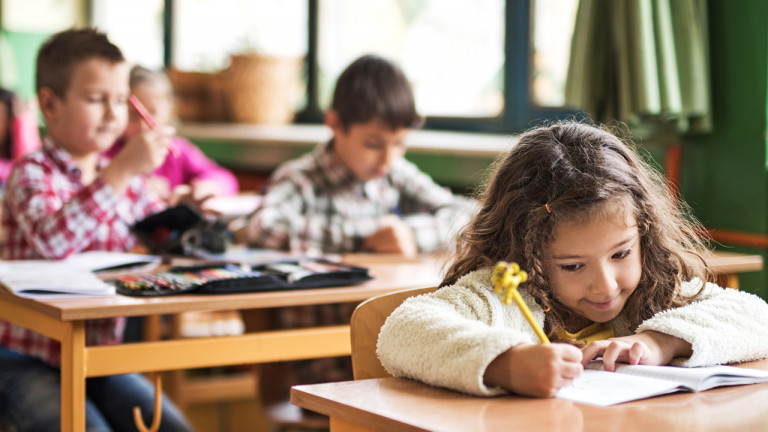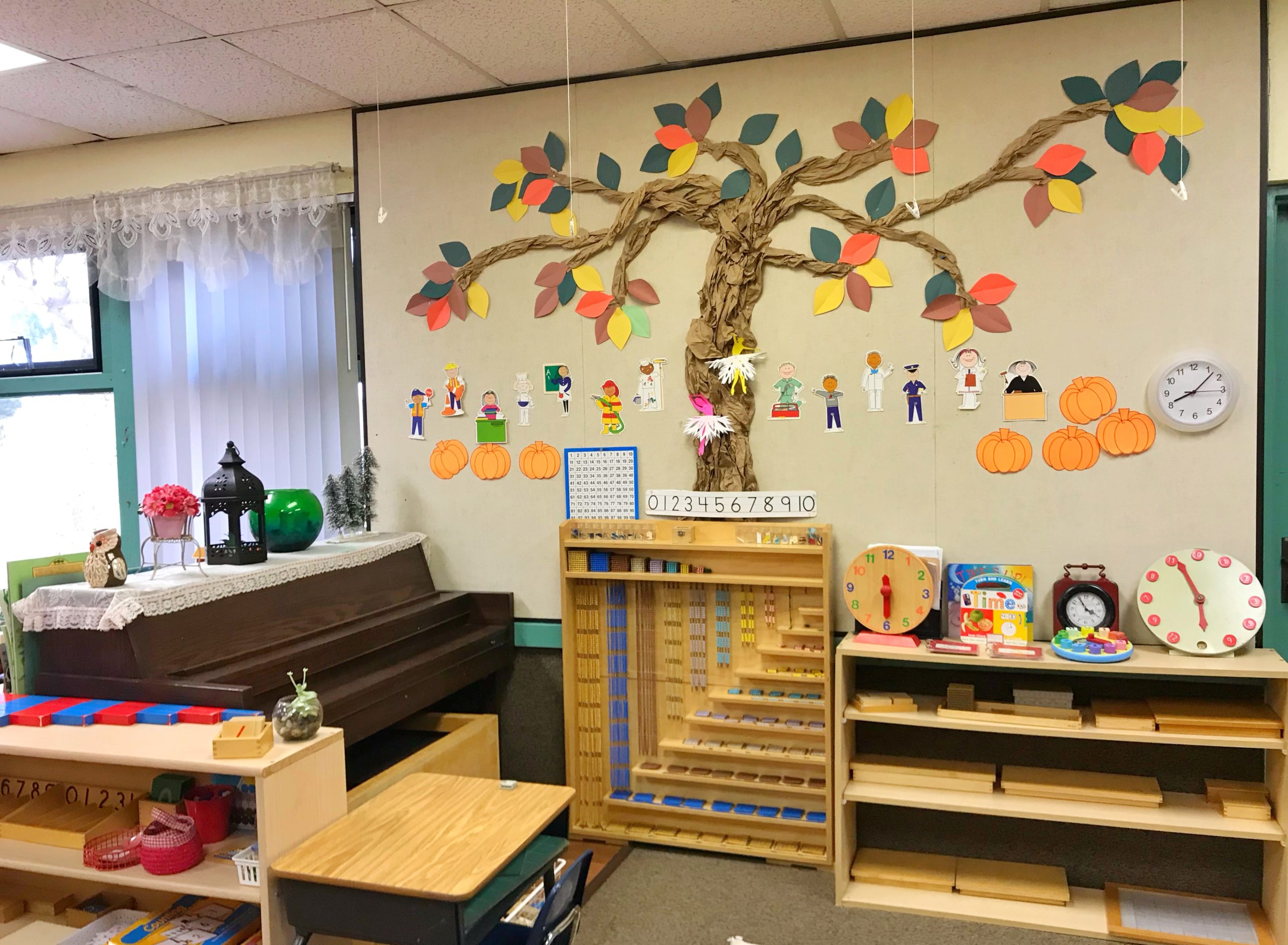
The exercises of practical life are formative activities, a work of adaptation to the environment. Such adaptation to the environment and efficient functioning therein is the very essence of useful education.
-Maria Montessori
We all are living in a society which has prescribed norms and regulations. Without questioning, each one of us is ready to send our kids to schools. But have you ever thought about the reason that why is everyone sending a child to school unquestionably. Definitely there would be some strong cause behind our blind trust and faith.
A school is a place where kids learn the practical life skills which are needed by them to be successful in this world. Undoubtedly, some children can learn these life skills at home but schools play an important role in the teaching of these priceless skills.
Kids and teens who never went to school do enter their adulthood without the basic knowledge of the practical life skills while such skills are comparatively higher in children who attend school.
Regrettably with the passing time most of the traditional schools have ceased to focus on building practical life skills in their students. Contrarily Montessori schools not only teach these skills to kids rather they make it a mandatory part of their daily schedule. Thus, children in a Montessori school are not only taught to learn simple activities like organising or learning numbers but also they are scheduled to learn more elaborate activities which focus on amplifying practical life skills.
Practical life Activities are an integral part of the Montessori school program. Through a variety of such activities, the child learns skills for daily living and helps develop manual dexterity, hand-eye co-ordination, concentration, independence and the ability to initiate his own learning. Practical life is the foundation for other exercises and basic movement within the class. It teaches children self-control and enhances their awareness of the world around them.
Thus Montessori schools are based on the idea that children are naturally eager in activities they have witnessed on their own. It makes them inquisitive or naturally eager to know how and why things happen the way they do. However on the basis of this concept, Dr. Maria began using what she called “Practical Life Exercises” to allow children to do activities of daily life and therefore learn and mould themselves in their society.
“The education of even a small child, therefore, does not aim at preparing him for school, but for life.”
-Maria Montessori
Here are some of the Practical life skills that are inculcated in a child in a Montessori Classroom.
Motor Activities
Large motor activities include daily indoor and outdoor activities. These activities promote good health and development for growing young bodies. It also develops balance and co-ordination, promotes social skills such as sharing, taking turns and co-operation.
Cooking with Children
Cooking activities teaches children about safety in the kitchen and introduces them to cooking utensils. It is a fun activity and allows children to role-play, without stereotypes. It teaches children names of food, physical characteristics, flavour and the origin of certain foods. Cooking provides an opportunity to show how food is prepared, the equipment and the process involved in cooking. It exposes children to new foods and demonstrates safety and cleanliness around food preparation.
Planting and Gardening
Gardening is a wonderful way for children to connect with nature and nurture living things. Planting gives them a beautiful and valuable experience of taking care of sprouting seeds and nurturing the young seedling. It also provides learning opportunities when studying parts of seeds, flowers and plants.
Memory and Perception
The activities undertaken in a Montessori school enhances the memory and perception of the kids. They enhance a child’s ability to retain lessons by allowing them to learn through experience. They also promote critical thinking and problem solving activities.
Expanded concentration
Concentration is a skill that improves and develops with practice. A child in a Montessori classroom is provided with an environment that offers the time and opportunity to practise deep concentration.
A better self image
The daily activities in a Montessori classroom develops self esteem, self confidence and self control in a child. When children have good self-image, they do not need any competition to excel. They exceed their own expectations while remaining respectful of others.
Social Graces
Social grace refers to the general behavior and attitude of being polite and welcoming to people. In a Montessori environment a child is inculcated with such crucial principles of life.




